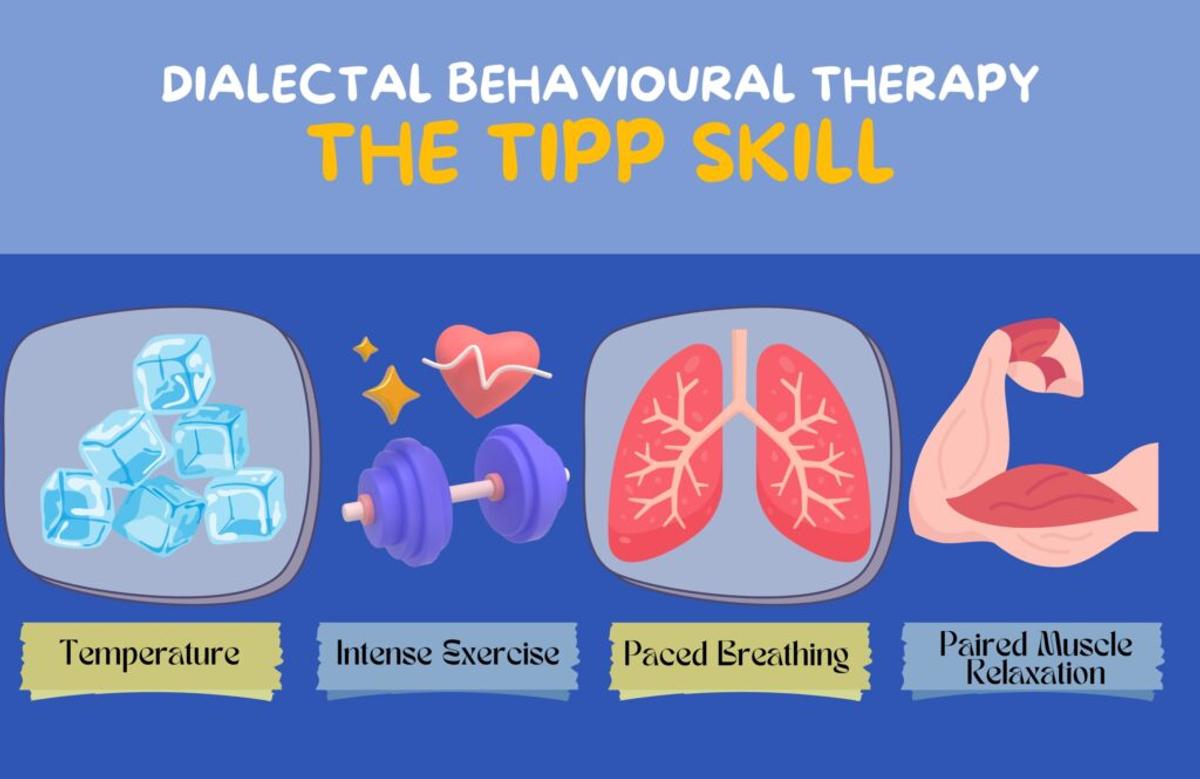Counsellor's Corner
Mrs Ebony Kriedemann

Counsellor's Corner
Mrs Ebony Kriedemann


Hi everyone! As your School Counsellor, I am always on the lookout for effective ways to help you manage stress and emotions. Today, I want to share a fantastic tool called TIPP. This technique can be quite a game changer, for grounding ourselves in the moment. This might be before a test, or just one of those days. Give it a try: here's how!
TIPP stands for Temperature, Intense Exercise, Paced Breathing, and Progressive Muscle Relaxation. It’s a set of strategies designed to help you quickly calm down when you’re feeling overwhelmed. Let’s break it down:


Temperature When you’re feeling intense emotions, cooling down can help slow your body's reaction. Try splashing cold water on your face, holding an ice pack, or stepping outside on a chilly day. If you find yourself feeling stressed at school, heading to the bathroom for a quick splash of the face can be incredibly helpful.
Intense Exercise Get your heart rate up for a few minutes. Try jumping on the spot, star jumps, a quick lap of the stairs, or even dancing to your favorite song. This helps burn off the adrenaline and can shift your mood.
Paced Breathing Slow down your breathing to calm your mind. Breathe in deeply for 4 seconds, hold for 4, and exhale for 6. Repeat until you start to feel more grounded.
Progressive Muscle Relaxation This involves tensing and then relaxing different muscle groups in your body. Start with your toes and work your way up. Tense for 5 seconds, then release. It helps reduce physical tension and makes you feel more in control.
TIPP is great because it’s practical and can be done anywhere, anytime. Whether you’re in class, at home, or out with friends, these techniques can help you manage your emotions quickly and effectively. It's particularly useful for:
Everyone is different, so find the combination of TIPP strategies that works best for you. Maybe you find that a quick walk (Intense Exercise) followed by some deep breathing helps you most. For others, holding an ice cube (Temperature) and doing some Progressive Muscle Relaxation does the trick.
It's all about finding what helps you feel balanced and in control. I encourage you to practice these techniques regularly, even when you’re not stressed, so they become second nature when you really need them.
Kind reminder: Emotions are a normal part of life, but sometimes they can get overwhelming. By using TIPP, it can act as a helpful tool in those stressful moments. Give it a try, and don’t hesitate to reach out if you need more support or want to talk about how you’re feeling.
Mrs Ebony Kriedemann
School Counsellor